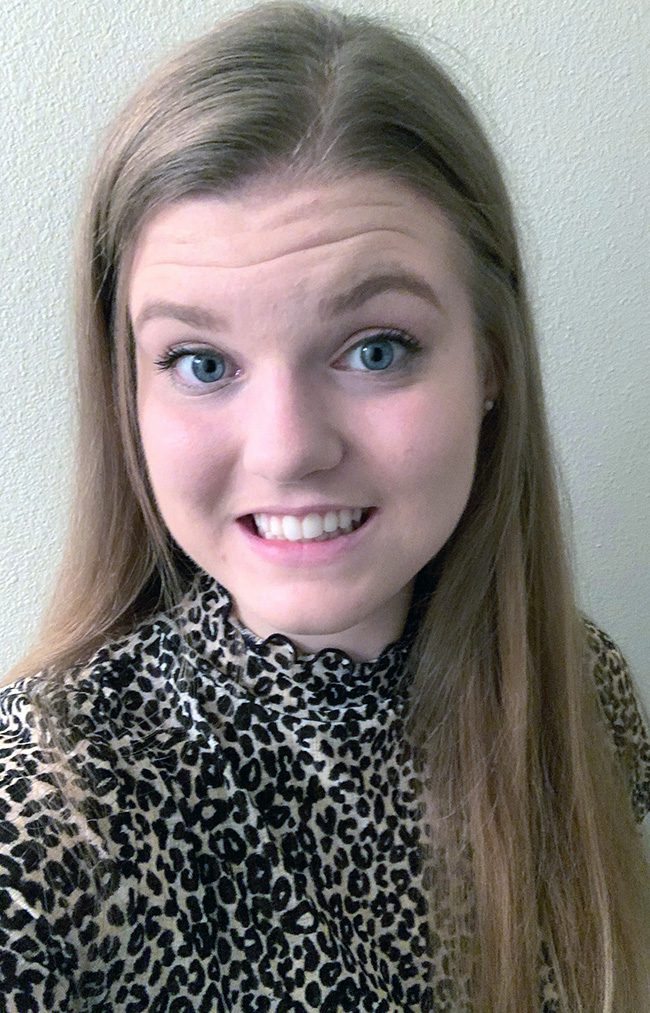IMR Materials Testing Technical Blog
Raelynn Webb- IMR Portland

Materials testing can require intensive engineering expertise, especially in industries like aerospace, transportation, and medical devices. IMR relies on a talented team of engineers to provide critical thinking and problem-solving solutions. Today we feature Raelynn Webb, an Associate Mechanical Engineer at our Portland, Oregon lab. Raelynn graduated from University of Portland with a BS in Mechanical Engineering, starting with IMR in 2018.
How did you get interested in an engineering career?
Despite not having a natural affinity for math and science, Raelynn developed confidence in her ability to work hard to learn and understand complex subjects. “I was interested in the sciences, so since I knew I had the capability to work hard and study, I was confident I could learn what I needed to succeed in engineering.” Her natural curiosity and “solutions mindset” has enabled her to expand her education beyond formal education. “I always wanted to do something that would help people, and I think that my work in identifying material properties and failure analysis gives me direct impact on the end user’s experience, whether it’s a manufacturer or customer”.
What do you enjoy about your engineering role at IMR?
Raelynn enjoys the team atmosphere at IMR-Portland. She’s given the opportunity to perform a wide variety of testing methods, such as designing testing approaches, data analysis, calibrating and programming equipment, and quality reviews. In addition to her in-lab work, Raelynn also enjoys interacting with IMR’s customers. “I like being able to talk about the goal of a customer’s testing during the job quoting process, as well as analyzing the test results with them”. She adds, “The collaborative environment fostered by lab leadership really makes this job interesting. I appreciate being asked for my perspective and input on other projects.”
What advice do you have for someone thinking about a career in engineering?
“Be open-minded about your education”. Raelynn was a little surprised about the curriculum once she got to college, but knew the most important thing wasn’t remembering all the data and formulas involved in engineering. “One of the main benefits of a college engineering education is training your brain to observe, evaluate, and solve problems. Being able to view challenges from that perspective will help you to be successful in engineering”.


